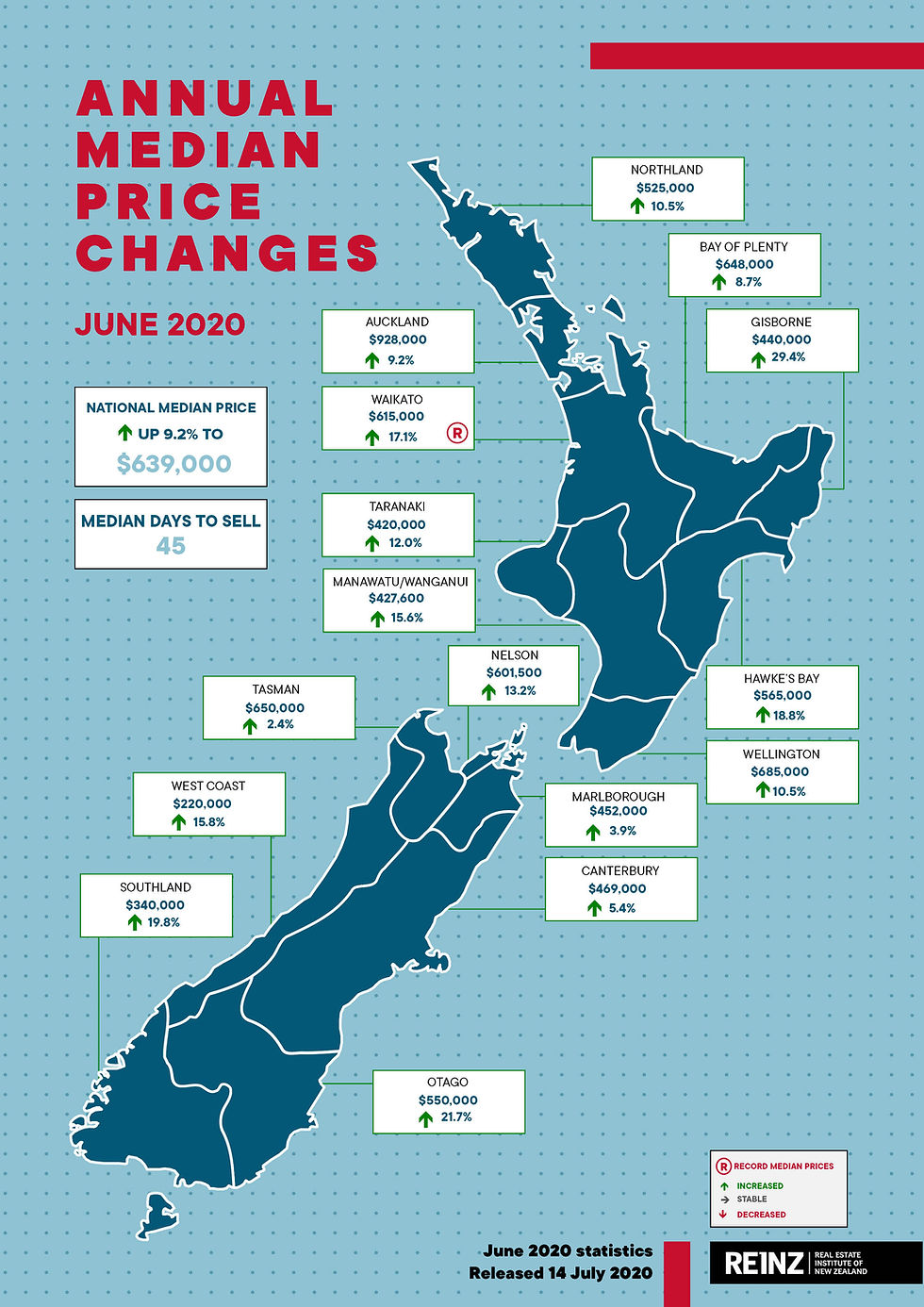COVID-19: Low Value Asset Threshold Changes
- R&D Accountants

- May 4, 2020
- 2 min read
Updated: May 4, 2020
As the world faces such unprecedented times, the New Zealand Government and the Inland Revenue Department have rolled out a number of initiatives to cushion this economic blow.
One of the initiatives under the COVID-19 Response (Taxation and Social Assistance Urgent Measures) Bill is to temporarily increase the threshold for immediate tax deduction of ‘low value assets’ from $500 to $5,000, effective from 17 March 2020 to 16 March 2021. From 17 March 2021, the threshold will reduce to $1,000.
What does this mean?
Previously business could only immediately tax-deduct (expense) assets purchased for up to $500. Assets purchased for greater than $500 were usually recorded as a fixed asset and depreciated overtime. Only the annual depreciated amount was allowed to be taken as a deduction for income tax purposes.
With this new change, businesses can now immediately tax deduct assets purchased up to $5,000 till 16 March 2021, and up to $1,000 for assets purchased thereafter (till the next threshold review). This change is intended to support businesses with cashflow and encourage business investments to support the wider NZ economy.
Worked Example:
Assume Sample Company Ltd, had the following transactions:
Sales $10,000
Operating Expenses $2,000
Asset A Purchased for $350
Asset B Purchased for $4,000 (depreciation rate 10%)
For this example we shall assume that Sample Company Ltd is not GST registered, depreciation is for full 12 months and company tax rate is at 28%.
Therefore, under the old threshold, the income tax position will be calculated as:
$10,000 - $2,000 - $350 – ($4,000 x 10%) = $7,250
$7,250 x 28% = $2,030 tax to pay
Under the revised threshold, if Asset B was purchased between 17 March 2020 and 16 March 2021, then the income tax position will be calculated as:
$10,000 - $2,000 - $350 – $4,000 = $3650
$3,650 x 28% = $1,022 tax to pay
In this example, Sample Company Ltd can save over $1,000 in taxes from Inland Revenue’s threshold change initiative; which is additional cashflow the business could use during such uncertain times.

Whilst the above is true at the time of writing (4 May 2020), we do note that tax is an evolving matter and things may have changed since the publication of this blog. It is advised that you speak to Inland Revenue or your accountant to understand the latest rules and how they apply to your specific circumstances. The intent of this blog is to raise awareness in the NZ business community around the support that is available.
Disclaimer: The content of this blog or anything else on our website contains general information only and it should not be substituted for financial advice or specific advice. R&D Accountants and Analysts (RDAA) Ltd do not accept any liability whatsoever relating to losses or damages arising from reliance on the contents of this blog or anything else on our website.
RDAA Ltd strongly recommend that before a reader undertakes or implements any financial, investment, taxation or business decision flowing from information or content of this blog or anything else on our website, they procure professional advice from a suitably qualified adviser, on which they may rely on their specific opinion. Such advice should be comprehensive in character and appropriate to the individual's personal circumstances and financial affairs.



Comments